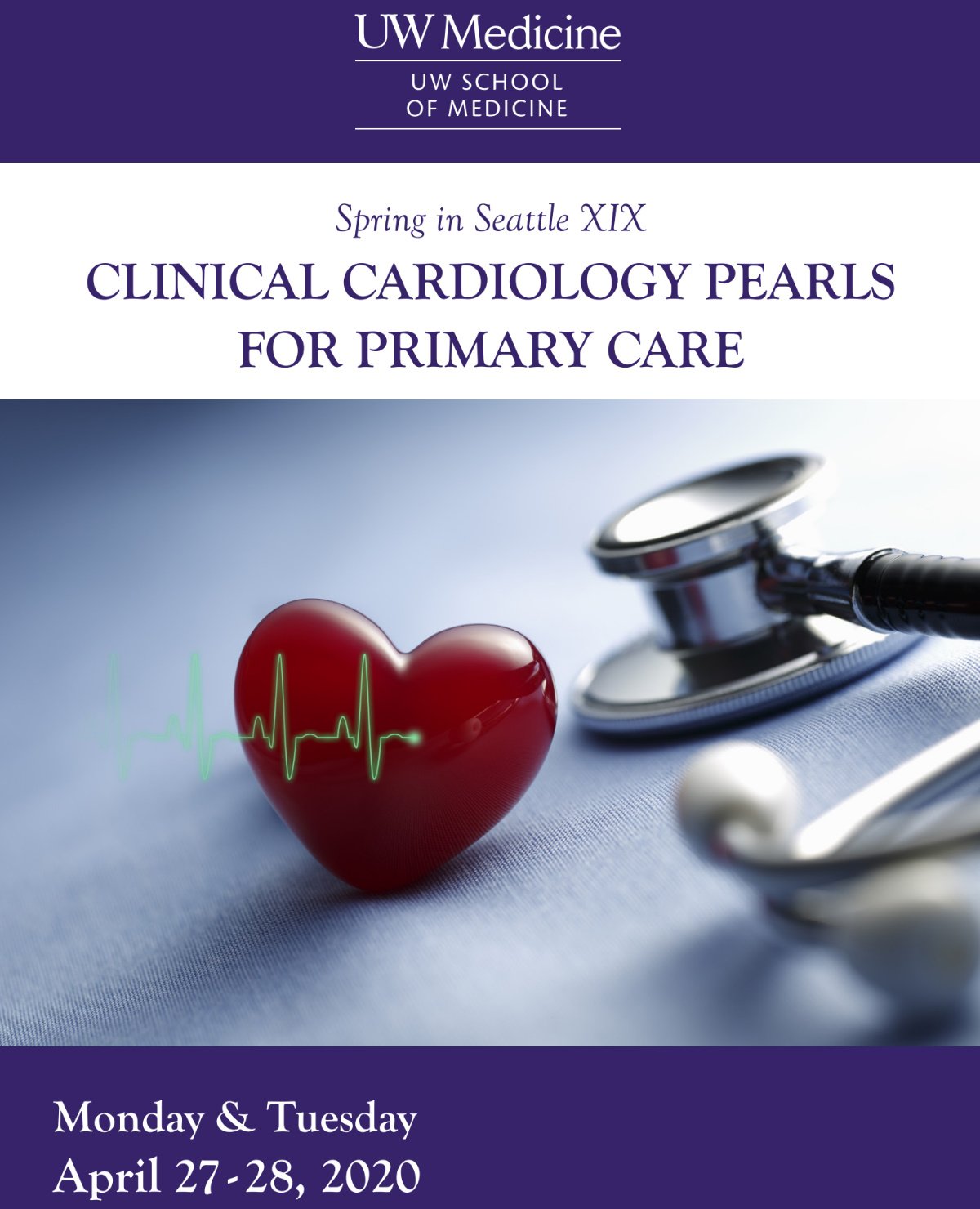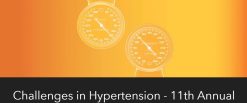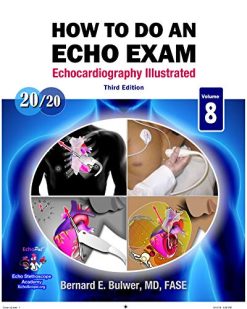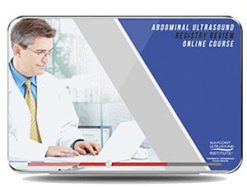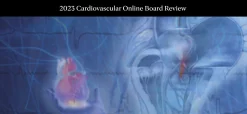UW Medicine Spring in Seattle XIX Clinical Cardiology Pearls for Primary Care 2020
$10,00
This Product is shared via google drive download link, So please share your correct Gmail id while placing the order .Please note that there are no CME points or certificate associated with this course Samples for Courses Can be found here : Free Samples Here!
UW Medicine Spring in Seattle XIX Clinical Cardiology Pearls for Primary Care 2020
Clinical Cardiology Pearls for Primary Care
Monday, April 27, 2020, 8:00 AM – Tuesday, April 28, 2020, 1:00 PM
Clinical Cardiology Pearls for Primary Care This course is tailored for a primary care audience and is intended to provide practical, up-to-date information on commonly encountered cardiovascular diseases. World-class faculty from the University of Washington School of Medicine will teach participants using case-based lectures and an audience response system to encourage interactive dialogue.
Recent guidelines for hypertension, cholesterol management, and diabetes will be reviewed. Everyday primary care topics including diagnosis and treatment of coronary artery disease, congestive heart failure, valvular heart disease and supraventricular arrhythmias, including atrial fibrillation, will be covered. Practical issues regarding use of new anticoagulants will be discussed. Appropriateness of cardiac testing will be discussed during lectures on the cardiovascular physical exam and the evaluation of chest pain with stress testing.
Upon completion of this activity, attendees should be able to:
- Treat and manage high blood pressure based on updated clinical guidelines.
- Apply new cholesterol guidelines and novel cholesterol treatments to the management of patients with cardiac risk factors and atherosclerotic vascular disease.
- Order the appropriate stress test for patients based on current guidelines.
- Evaluate and manage patients with valvular heart disease; identify which heart murmur patients should be referred for an echocardiogram and when patients should be referred for valve repair or replacement.
- Manage patients with chronic stable coronary artery disease.
- Diagnose and treat patients with palpitations, and understand the appropriate use of heart rhythm monitors and when to refer patients to cardiology.
- Evaluate and treat atrial fibrillation and learn how to use direct oral anticoagulants to reduce stroke risk from atrial fibrillation.
- Evaluate and treat patients with congestive heart failure.
- Evaluate patients with syncope with appropriate use of cardiovascular testing when indicated.
- Utilize novel diabetes drugs that have proven benefit in reducing cardiovascular events.
WHO SHOULD ATTEND
Primary care providers – including family medicine physicians, internists, nurse practitioners, physician assistants, nurses and others with an interest in heart disease.
Topics:
- 2020 Hypertension Update- Guideline Review and Challenging Cases.mp4
- 2020 Hypertension Update- Guideline Review and Challenging Cases.pdf
- A Practical Approach to Stable Ischemic Heart Disease.mp4
- A Practical Approach to Stable Ischemic Heart Disease.pdf
- Adjourn Q&A Summary.pdf
- Approach to the Patient with Palpitations.mp4
- Approach to the Patient with Palpitations.pdf
- Approach to the Patient With Syncope.mp4
- Approach to the Patient With Syncope.pdf
- Atrial Fibrillation- Rhythm Management and Stroke Prevention.mp4
- Atrial Fibrillation- Rhythm Management and Stroke Prevention.pdf
- Chronic Heart Failure- State-of-the-Art Therapies.mp4
- Chronic Heart Failure- State-of-the-Art Therapies.pdf
- Course Review.mp4
- Course Review.pdf
- Echocardiography and the Evaluation of Valvular Heart Disease.mp4
- Echocardiography and the Evaluation of Valvular Heart Disease.pdf
- Evidence Based Therapies in Diabetes – What You Should Know in 2020.mp4
- Evidence Based Therapies in Diabetes – What You Should Know in 2020.pdf
- MJ2013Cardiology Webinar.pdf
- Opening Remarks.mp4
- Opening Remarks.pdf
- Stress Testing and Pre-Op Cardiovascular Risk Assessment.mp4
- Stress Testing and Pre-Op Cardiovascular Risk Assessment.pdf
- Treatment of High Cholesterol- Updates and Future Directions.mp4
- Treatment of High Cholesterol- Updates and Future Directions.pdf
Related products
CARDIOLOGY

